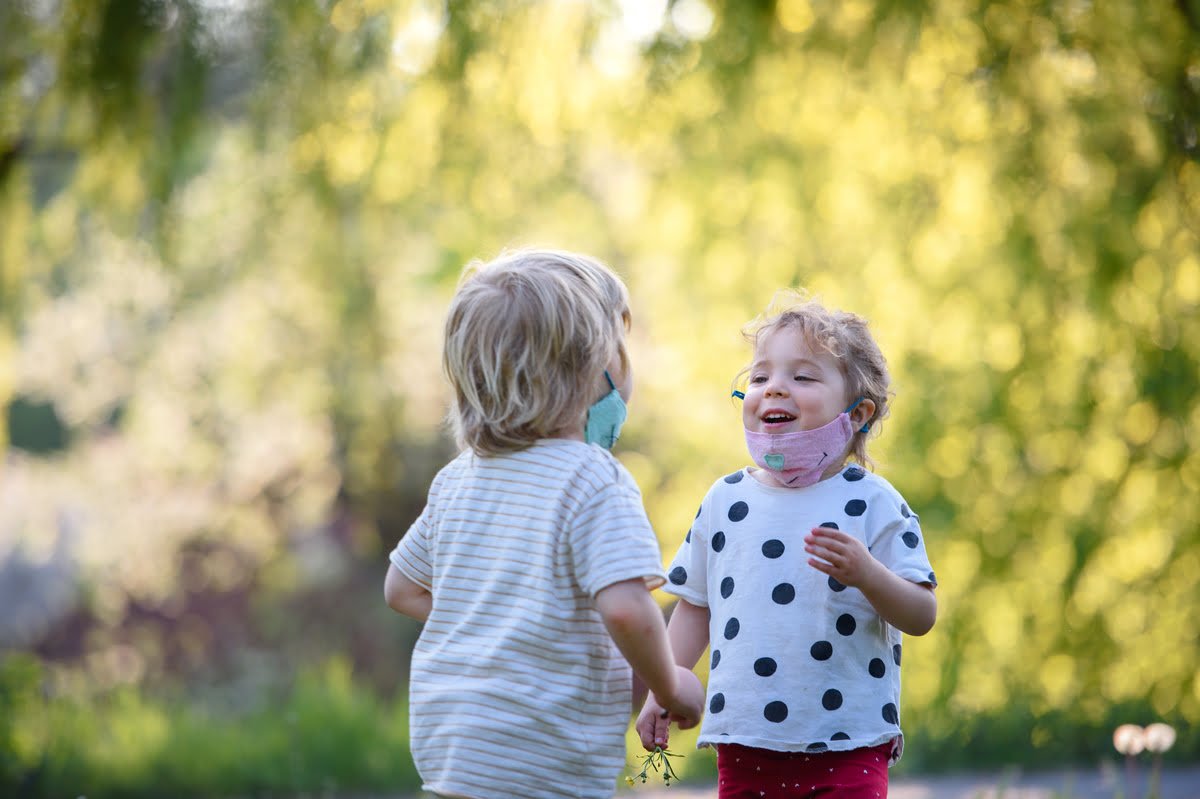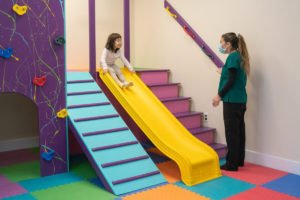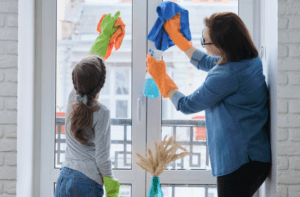Written by Ali Shain and Luba Patlakh Kaplun.
As we live in controversial times, parents of young children are constantly unsure of the “right” thing to do, when it comes to masking their child or not?
With constant misinformation and lack of concern for people by the government, it’s truly a challenge to make the right decisions; but with a closer look at what’s actually happening to our pediatric population, and how masking could be after the long term, parents might finally get their answers.
A year of mask-wearing at such young ages, a crucial developmental period, can scar the pediatric population, not just physically, but mentally, and even developmentally. Prolonged compression from the elastic straps could leave young children with permanently protruding ears and lung conditions.
At the crucial and foundational age of 2-5 years old, there’s more variation in language development than in any other area. With the government mandating masks for 2+, professionals working with this age group, specifically speech-language pathologists, are seeing devastating delays, regression in kids, and want to help families understand how masking children harms them today and in the long run.
While some preschoolers develop language skills at a steady rate, others seem to master basic words, sounds, emotions, and communication from the age of 2 in the heaviest form.
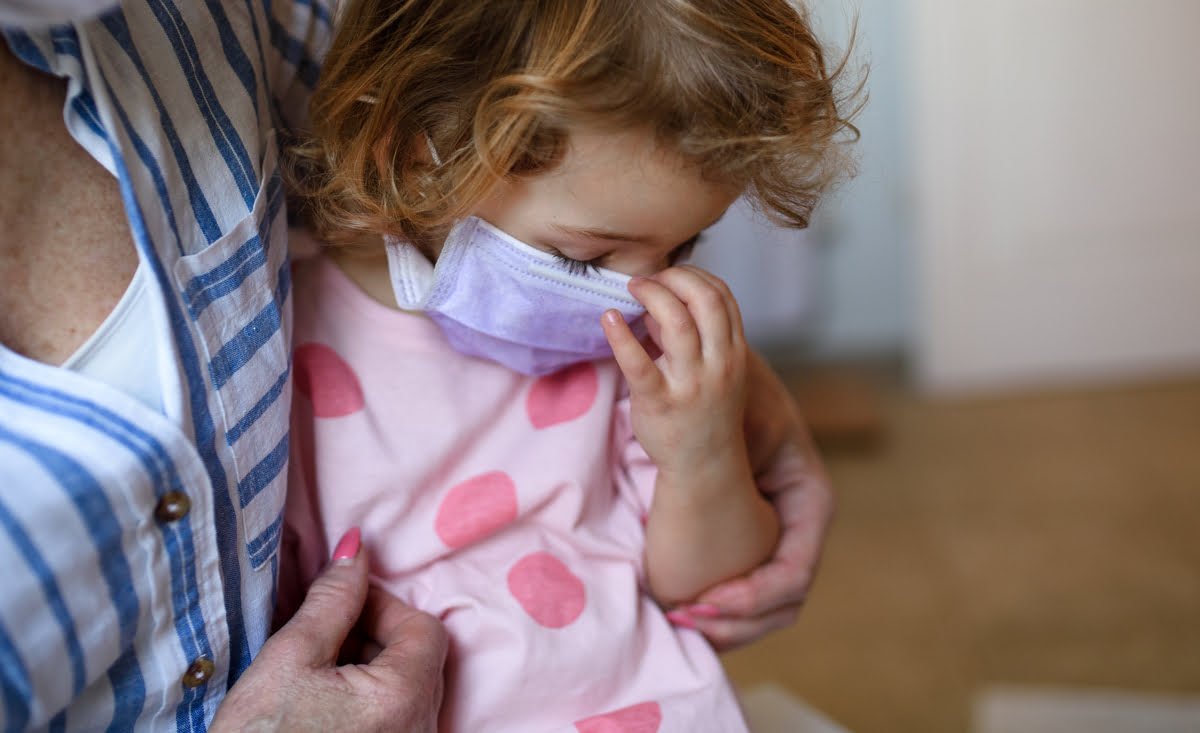
Today, the government is essentially preparing the children of tomorrow; our future, to lack in communication skills both because they are enforcing teachers to have masks on and masking the children, dually blocking their educational figures from showcasing gestures, communication, and emotional development. The majority of emerging language learning is being hindered by a mask. Children learn through play, reading lips, and facial expressions. Seeing other children speak is crucial for language learning. By hiding teachers’ lips and muffling their speech, mask-wearing makes it harder for young children to develop linguistic skills and prevents children with hearing impairments from lip reading. Unable to rely on facial cues, teachers and students of all ages are more likely to misinterpret one other, a particularly acute problem for children on the autism spectrum. As far as early intervention, a key part of learning to communicate for a child is watching the faces, mouths, and expressions of the people closest to them. Babies and young children study faces intently, so the concern about solid masks covering the face is understandable.
A child just looking at the mouths of their teachers and peers, your child can master many of the basics of communication and language. However, mask mandates are hindering children to speak up and to each other. Masking children in schools and/or public environments is as if we are handcuffing these children. How are children supposed to develop social skills when they can’t see one another’s faces, sit together, or play together.
Additionally, schools closing have been leaving children without the chance to learn to play, share, and communicate with their peers and teachers. When the pandemic hit and mandates began, the children have been kept home with amplified screen time and communicating with nothing but masked adults.
In school and pre-school, children may struggle to differentiate between similar sounds, such as “p” and “t”, when their teacher is wearing a mask. That can impact a child’s speech development or their phonological awareness, which is the ability to break down words into speech sounds to assist with early reading and spelling acquisition.
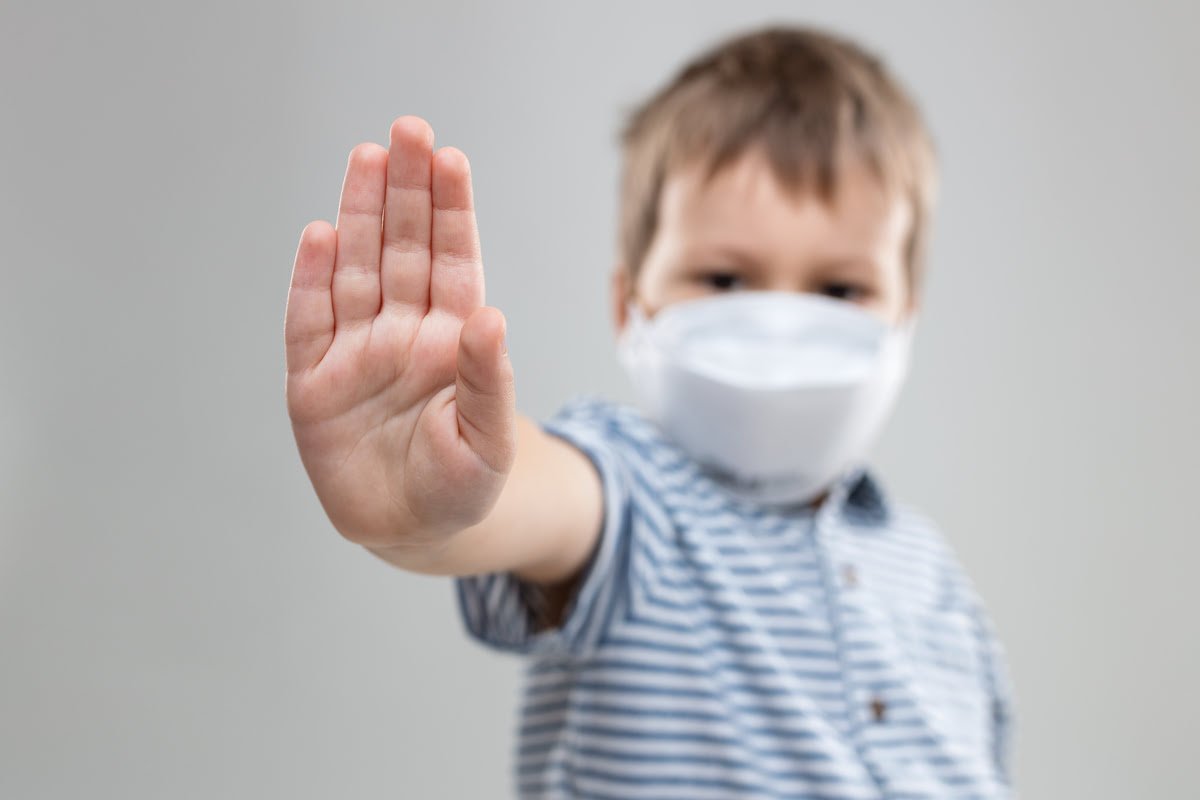
A recent survey of schools and parents, conducted by the Education Endowment Foundation, has found that children who started school in autumn 2020 needed more support than in previous years.
The findings suggest that the greatest area of concern was communication and language development, in which 96% (55 out of 57) of schools said they were either “very concerned” or “quite concerned”. Close behind were personal, social, and emotional development (91%) and literacy (89%), skills which are heavily reliant on the development of strong speech, language, and communication abilities. (healthychildren.org)
What Can Be Done?
Talk to your child, take masks off when possible, engage with family friends, keep socialization as much as possible with other children, and encourage your child to express their wants and needs.
If you or anyone you know requires assistance in speech or related therapies please reach us, we are happy to help!
215-330-4116 or kidologyinfo@gmail.com



